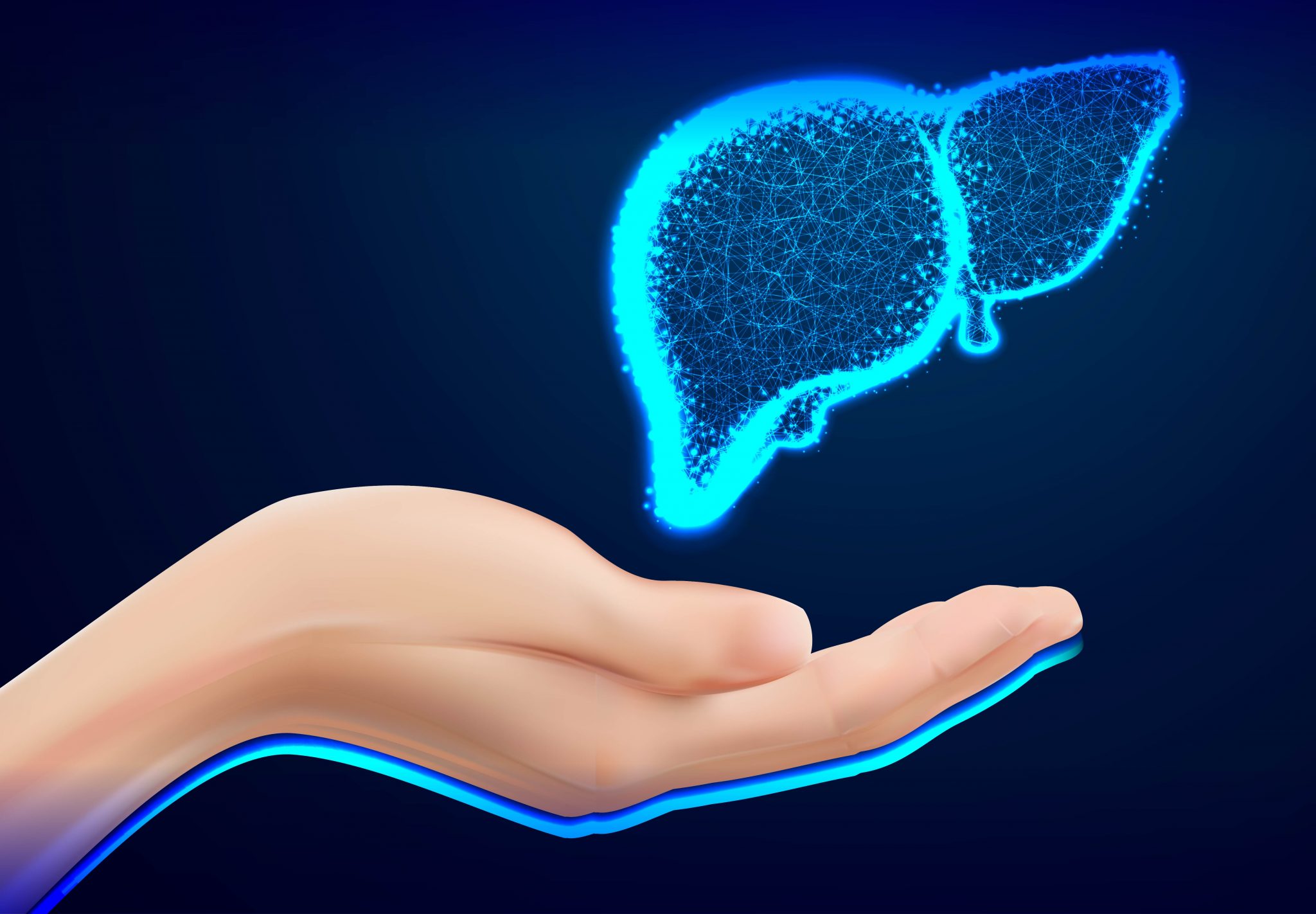Myth: Fats are harmful for your heart.
Fact: there are four main types of fats found in our foods and not all of the types are bad. Artificially made trans fats, also known as partially hydrogenated oils, are the worst type of fat.
Trans fats, found in many pastries and processed foods, which would increase the LDL cholesterol levels. So do saturated fats, which come from animal products, for example, meat and butter.
“Replacing unhealthy saturated fats with healthy monounsaturated fats and polyunsaturated fats may actually lower your LDL levels”
Dr Gillinov, cardiac surgeon having graduated from Johns Hopkins University School of Medicine in 1988
Myth: You don’t need to check your cholesterol until you reach 40 years old.
Fact: The American Heart Association (AHA) recommends checking cholesterol levels once for people aged 9 to 11 years and 17 to 21 years.
After age 20, your healthcare provider will ask you to recheck your cholesterol and other risk factors every 4-6 years as long as your risk remains low.
Myth: If I have high cholesterol, I would be able to feel it.
Fact: cholesterol known as the” silent killer”. Therefore, increases in cholesterol level usually have no signs or symptoms. You may not know you have unhealthy cholesterol levels is high until it is too late. For example, when you have a heart attack or stroke. That’s why it’s so important to get your cholesterol levels checked at least every 4 to 6 years.
At times, some people develop yellowish patch on their skin called xanthomas, which are deposition of lipid. As it is one of the visual signs of Familial hypercholesterolemia.
Myth: No lifestyle changes needed if you’re on cholesterol medications.
Fact: It’s important to take your treatment on time as they’re prescribed by the specialist. But changing your lifestyle, diet and exercising regularly are the best ways to reduce your risk of heart disease and stroke. In general, most public health organizations recommend, for at least 30 minutes per day of moderate to vigorous exercises, such as walking or jogging.
Myth: Thin people don’t need to worry about high cholesterol
Fact: although obese people have higher risk to have high cholesterol, but thin people can be affected as well. A person with any body type can have high cholesterol.
People who don’t easily gain weight are often less aware of how much saturated and trans fat they eat.
Myth: Low LDL cholesterol is always a sign of good health.
Fact: its found that a low level of LDL associated with the risk of certain diseases.
According to Mayo Clinic and a research done by NCBI, recent studies have shown that low LDL cholesterol linked with cancer and depression.
Moreover, scientists found that elderly with low HDL (good) cholesterol level have a greater risk of developing depression when compared to the elderly with a higher level of HDL.
Myth: If the Nutrition Label shows no cholesterol, the food is heart-healthy.
Fact: products with labels “no cholesterol” or even “low fat” foods are high in other types of “bad” fats, such as saturated and trans fats. Ensure to check for saturated fat, trans fat, and total calories at the nutrition fact labels and the ingredients section. Also, be aware of the serving size as it may vary from one company to another.

Image source: https://www.coloradopotato.org/new-nutrition-label/
Myth: I can control the high cholesterol by depending only on diet and physical activity
Fact: People with FH inherit a very high cholesterol level. If they left untreated, their cholesterol levels will continue to get worse. This greatly raises the risk of heart disease, heart attack, and stroke at a young age.
For more information about cholesterol, feel free to check out our website here or chat with us on Facebook to exchange ideas.
Reference list:
- Exercise To Lower Cholesterol. (2019). Retrieved 25 September 2019, from https://www.webmd.com/cholesterol-management/features/exercise-to-lower-cholesterol#2
- 3 Surprising Myths About Cholesterol – Cleveland HeartLab, Inc. (2015). Retrieved 25 September 2019, from http://www.clevelandheartlab.com/blog/horizons-3-surprising-myths-about-cholesterol/
- Persons, J., Robinson, J., Coryell, W., Payne, M., & Fiedorowicz, J. (2017). Longitudinal Study of Low Serum LDL and Depressive Symptom Onset in Postmenopause. Retrieved 25 September 2019, from https://www.ncbi.nlm.nih.gov/pmc/articles/PMC4906804/
- Cholesterol Myths & Facts. (2019). Retrieved 25 September 2019, from https://www.cdc.gov/features/cholesterol-myths-facts/index.html

